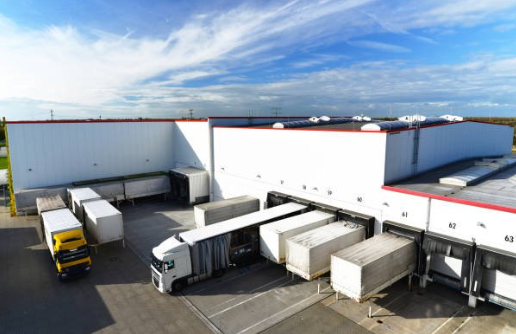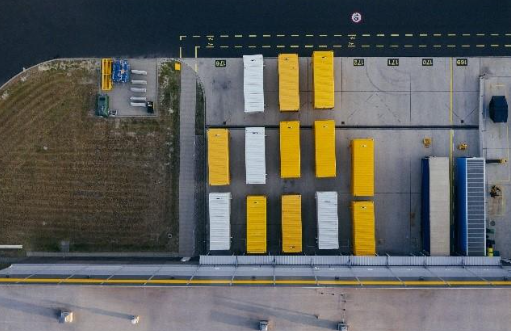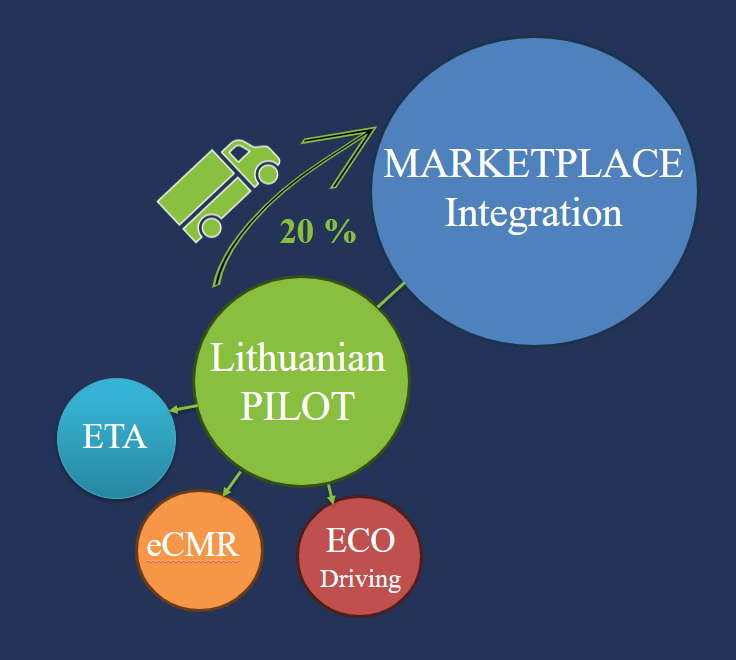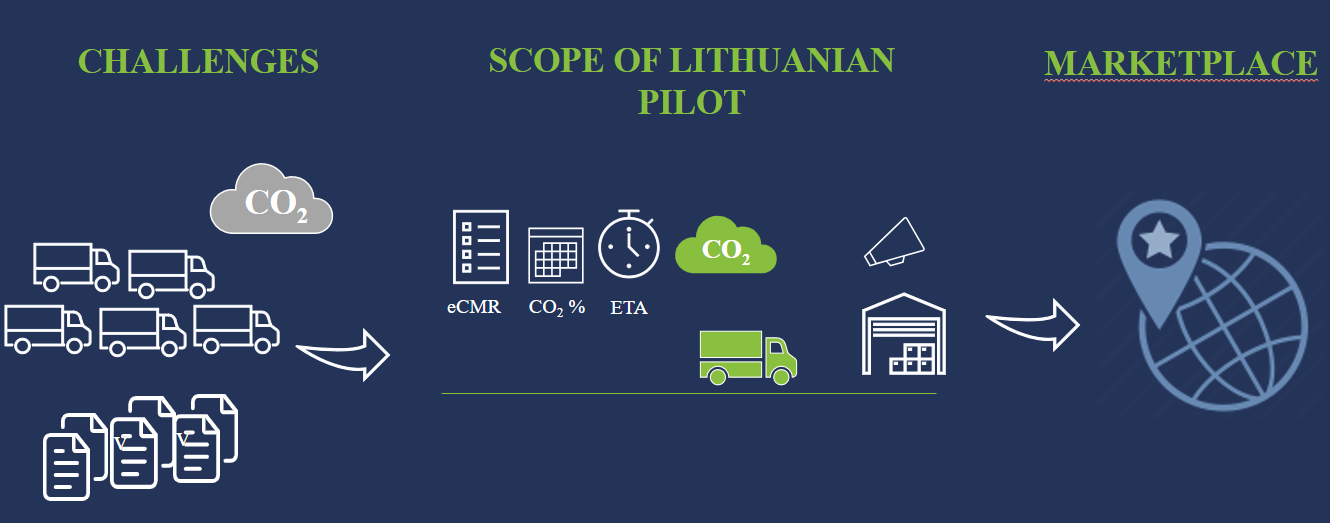what is the pilot about?
Green Route: Emission-Aware Logistics ManagEment
Road transport is a key component of the Lithuanian economy, supporting both domestic and international logistics. As sustainability becomes an increasing priority, the transport sector must evolve to meet green transition goals. One of the most effective ways to support this shift is by enhancing data sharing among logistics organisations—particularly through digitisation at the network level.
Currently, digital tools and data collection are mainly used within individual organisations to support internal operations. However, data exchange between companies remains fragmented and still relies heavily on manual processes or direct communication channels. This limits opportunities for real-time information sharing and coordinated decision-making.
To address this gap, the Lithuanian pilot “Green Route: Emission-Aware Logistics Management” focuses on strengthening digital cooperation among logistics network members. The pilot brings together a major freight transport company, a transport hub, a transport management system provider, and solution developers to establish integrated digital links for seamless exchange of transport-related data, including an eCMR-based CO₂ emissions calculator to estimate environmental impact.
Pilot site
The pilot is based in Lithuania, within the Klaipeda Free Economic Zone (KFEZ), a key logistics and industrial hub located near the Port of Klaipeda. KFEZ hosts a diverse range of logistics operators and infrastructure providers, supporting efficient supply chain and industrial operations.
Additional testing was conducted through the analysis of freight mobility data provided by an international cargo transportation company CargoGO based in Vilnius, recognised for its strong focus on digital logistics, innovative technologies, and data-driven operations. The pilot involved the development and testing of digital tools designed to enhance collaboration and information exchange among supply chain stakeholders.
Who is involved?
- Transport Innovation Association (TIA) – Lithuanian Pilot Coordinator, responsible for the implementation and coordination of pilot activities in Lithuania, developing trainings, engaging stakeholders, and leading communication and dissemination efforts.
- TREVIO – digital solution developer, responsible for digital tools development, industry knowledge representation and stakeholder engagement;
- Csign – digital solution developer, making logistics more paperless, integrating the eCMR into the marketplace, calculating CO2 emissions based on eCMR data.
- CargoGo – industry partners, responsible for industry knowledge, stakeholder engagement, providing operational data for pilots, testing tool, facilitating piloting in real-life conditions and eco-driving insights.
- Klaipeda FEZ – industry partners, responsible for industry knowledge, stakeholder engagement, providing data for pilots, facilitating piloting in real-life conditions, connecting local companies, managing infrastructure and digital transformation challenges.
Challenges
Which difficulties wants this pilot to solve?
- Low level of digitalisation among logistics companies
- Limited use of big data for decision-making and optimisation
- Digital tools are used internally, but not for collaboration across logistics networks
- Lack of direct system integrations between different organizations in the supply chain
- Data is collected but not analysed at the network level for broader improvements
- No standardised data structures or common formats for data exchange
- The opportunity to improve overall logistics network efficiency is not realised due to limited use of compatible digital tools and documents
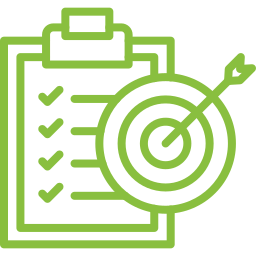
Objectives
What drives the pilot activities?
The Lithuanian pilot focuses on digitising logistics data exchange and identifying practical digital solutions for the automatic calculation of CO₂ emissions, with a targeted reduction of at least 20%. It aims to establish and demonstrate the impact of digital connectivity among logistics network stakeholders to improve coordination and data flow. By integrating tools such as eCMR, CO₂ calculator, and Estimated Time of Arrival (ETA) into the ADMIRAL Marketplace, the initiative promotes greater transparency, collaboration, and operational efficiency in road transport. These efforts are essential for optimising resource utilisation, fostering sustainability, and accelerating the digital transformation of the logistics sector.
approach & SOLUTIONS developed
HOW TO REDUCE EMISSIONS & OPTIMISE PROCESSES?
- eCMR solution: Transforming logistics by enhancing efficiency and sustainability through the developed eCMR (electronic consignment note) solution, which eliminates paper-based documentation and enables a fully digital workflow for transport companies and their clients. The eCMR solution will be integrated as a service within the ADMIRAL marketplace.
- CO₂ emissions calculator: As part of this innovation, a CO₂ emissions calculator was developed that uses data from eCMR records to estimate the environmental impact of each trip. The calculator has already undergone initial testing and will be available as a built-in feature for all users of the eCMR solution. It will be integrated into the ADMIRAL marketplace, providing valuable insights into carbon footprint and helping businesses make more environmentally conscious decisions.
- Telematics trip analysis tool: Developed through API integration between the eCMR solution and Fleethand telematics data, this tool visualizes docking paths and calculates CO₂ emissions (in kg) during loading and unloading, based on truck behavior (e.g., speed, engine status, RPM). It enables more accurate emissions tracking and helps optimize docking area usage.
- ETA planning Tool: A scheduling feature that provides real-time truck arrival dashboards for warehouses, improving preparation, reducing emissions, and minimizing paper use. The ETA solution will be integrated as a service within the ADMIRAL marketplace.
- Eco-Driving training and data sharing: Initiatives focused on promoting eco-driving practices and sharing performance data to reduce CO₂ emissions across the logistics network.

expected outcomes
- Estimated reduction in energy consumption and CO₂ emissions by at least 20%, contributing to more sustainable logistics operations.
- Improved logistics processes through the deployment and testing of the eCMR solution and CO₂ emissions calculator.
- Optimised business performance enabled by real-time operational data sharing and enhanced freight shipment planning.
- Enhanced user experience through streamlined, digital workflows and improved system usability.
- Lower environmental footprint achieved through more efficient use of human and transport resources.
- Initial free access to tools, with a long-term strategy for commercialisation and broader market adoption
COLLABORATION WITH OTHER PILOTS
Attempts were made to collaborate with the ES-PT pilot, but the differing transport modes (rail vs. road) hindered joint activities. Due to this mismatch, no significant synergies were achieved, although lessons on data structuring and platform integration were informally exchanged.
